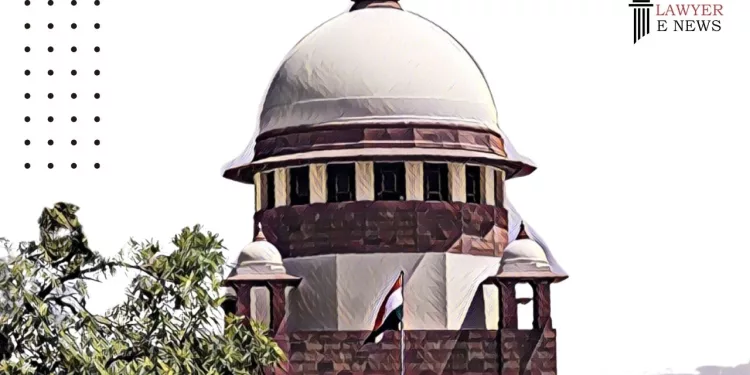Property Seized in Criminal Investigations Requires Proper Custodial Orders from the Concerned Criminal Court: Supreme Court Clarifies Law in Vehicle Seizure Case

The Supreme Court of India today provided clarity on the proper legal procedures for the custody and disposal of property seized in connection with criminal investigations, particularly under the Gujarat Prohibition Act. Justices Bela M. Trivedi and Pankaj Mithal delivered the judgment in the case of Khengarbhai Lakhabhai Dambhala vs The State of Gujarat.
Legal Point at Issue:
The appeal concerned the seizure and potential release of a vehicle under the Gujarat Prohibition Act, with a focus on the application of Sections 451 and 452 of the Code of Criminal Procedure (Cr.P.C) regarding property seized in connection with a large quantity of illicit liquor.
Facts and Issues:
The appellant, claiming ownership of the seized vehicle, approached the High Court seeking its release. The vehicle had been seized carrying a significant quantity of illicit liquor. The High Court dismissed the application, prompting the current appeal. The main issue revolved around whether the Special Criminal Application filed by the appellant was an appropriate legal recourse for the release of the seized vehicle.
Detailed Court Assessment:
Proper Procedure for Seized Property: The Court emphasized that under Section 451, Cr.P.C., it is the responsibility of the criminal court to decide on the proper custody of seized property during investigation or trial.
Analysis of Gujarat Prohibition Act: The Court delved into Sections 98 and 132 of the Gujarat Prohibition Act, distinguishing between the powers of authorized officers and courts in the confiscation and seizure of property.
Harmonious Construction of Section 98(2): The Court applied the doctrine of harmonious construction to resolve ambiguity in Section 98(2) of the Act, reconciling it with the Cr.P.C. and other provisions of the Act.
Role of Criminal Courts Under Cr.P.C: The Supreme Court directed that the proper course of action in cases involving the custody of seized property is to approach the appropriate criminal court under Section 451, Cr.P.C.
Decision: The Supreme Court dismissed the appeal, affirming the High Court’s decision. The appellant was directed to seek remedy under Section 451, Cr.P.C. at the concerned criminal court for the release of the vehicle.
Date of Decision: April 8, 2024.
Khengarbhai Lakhabhai Dambhala vs The State of Gujarat,






